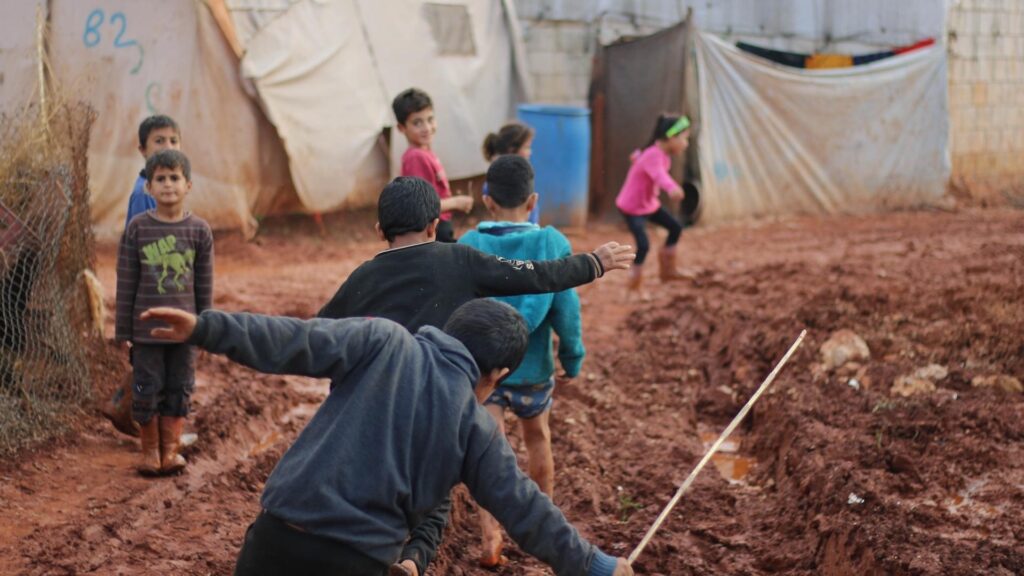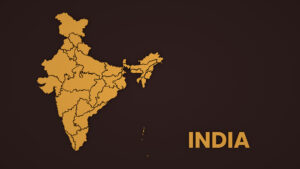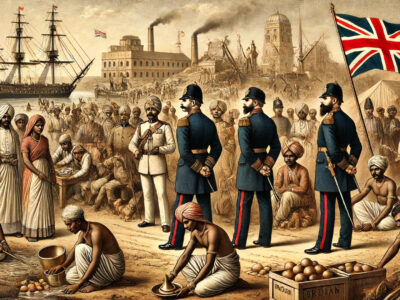India, so far, is constantly facing several national security issues, threats and border disputes from its neighbouring countries. Providing aid to refugees is a humanitarian consideration; on the other side, the refugees from the adjacent lands and their origin may pose a threat to the nation. For India, dealing with refugees involves consideration of several factors or grounds and is an extremely sensitive matter in reality.
For several reasons, India does not have specific laws to deal with refugees and is also not a signatory to the UN Refugee Convention of 1951 or the Refugee Protocol of 1967. However, regardless of any legal framework, India still grants adequate protection to a huge number of foreigners respecting various human rights and treaties. Normally, the refugee crisis is dealt with in India by invoking the Foreigners Act of 1946 or the Passport Act of 1967. Although the Indian government ignored nationwide protests and opposition, it recently passed the Citizenship (Amendment) Act of 2019 that seeks to grant citizenship to migrants of certain religious minorities from Afghanistan, Bangladesh and Pakistan. However, the Supreme court received numerous petitions opposing this bill, and the court proceedings are still on.
Foreign travellers, tourists and temporary residents gain eligibility to seek refugee under certain circumstances, though one cannot automatically claim the right to refugee status. In general, all the refugees entering the sovereign land of India, either unlawfully or without authorization, are classified as “Illegal Economic Migrants” and are punished under Indian penal laws.
India has been hosting refugees for over a long time and not only from bordered countries but also from non-neighbouring lands; however, the right of refugees is in a vacuum due to the absence of explicit legislation pertaining to refugees. In India, the status of the refugees is granted on a case-to-case basis considering facts, grounds and circumstances.
In 1959, Indian hosted and granted refugee status to Tibetans, providing dedicated space for their settlements, similarly to Buddhist Chakmas and Hindu Hajongs from Bangladesh in 1963 and 1971, respectively. Later in the ’80s and ’90s, India aided the migrated refugees from Sri Lanka, Afghanistan and Myanmar due to civil conflicts and instability.

The scenario of recent migration waves has changed drastically, and refugees are leading a miserable life. The number of illegal migrants from Bangladesh is increasing on a regular basis, and several incidents sparked violence among locals and these unlawful migrants. Around 40,000 Rohingya Muslims fled to India by 2017, some living in Delhi, some in Jammu, some in Hyderabad and others elsewhere in India. The community of Rohingyas are considered illegal migrants devoid of any support from the government and have been facing several challenges such as lack of sanitation, water supplies, medical and other basic facilities. Covid 19 pandemic added even more stress to the lives of Rohingyas.
In 2021, the Taliban took control of Afghanistan post-withdrawal of US troops; the situation worsened for the locals to hold their lives, and over 15000 Afghans fled to India and got UNHCR refugee cards after registration which was of no help. Renting a home, opening a bank account, getting a sim card, availing education and obtaining other essential facilities for these refugees is a huge problem. The notable fact is that the treatment and considerations for the refugees in India depend on their origin, treaties with their countries and other factors. Also, for the refugees to obtain a positive status involve a tedious process.
Considering humanitarian values, though India has extended its support to refugees from various lands for decades, the refugees lack protection from international conventions and have no governing laws for refugees and asylum seekers. India may not be a signatory to the refugee conventions; however, that does not stop the government from adopting domestic legislation for refugees.









